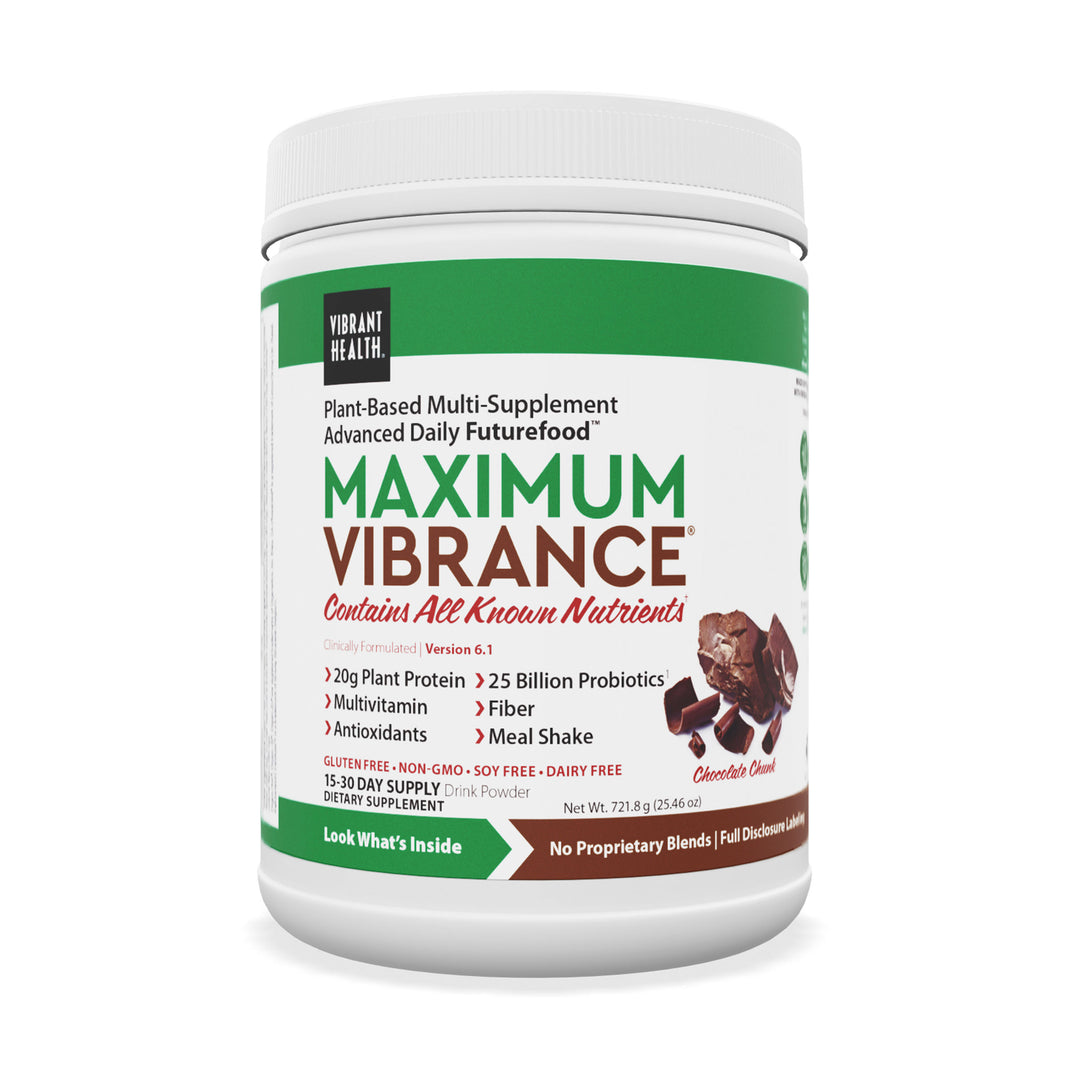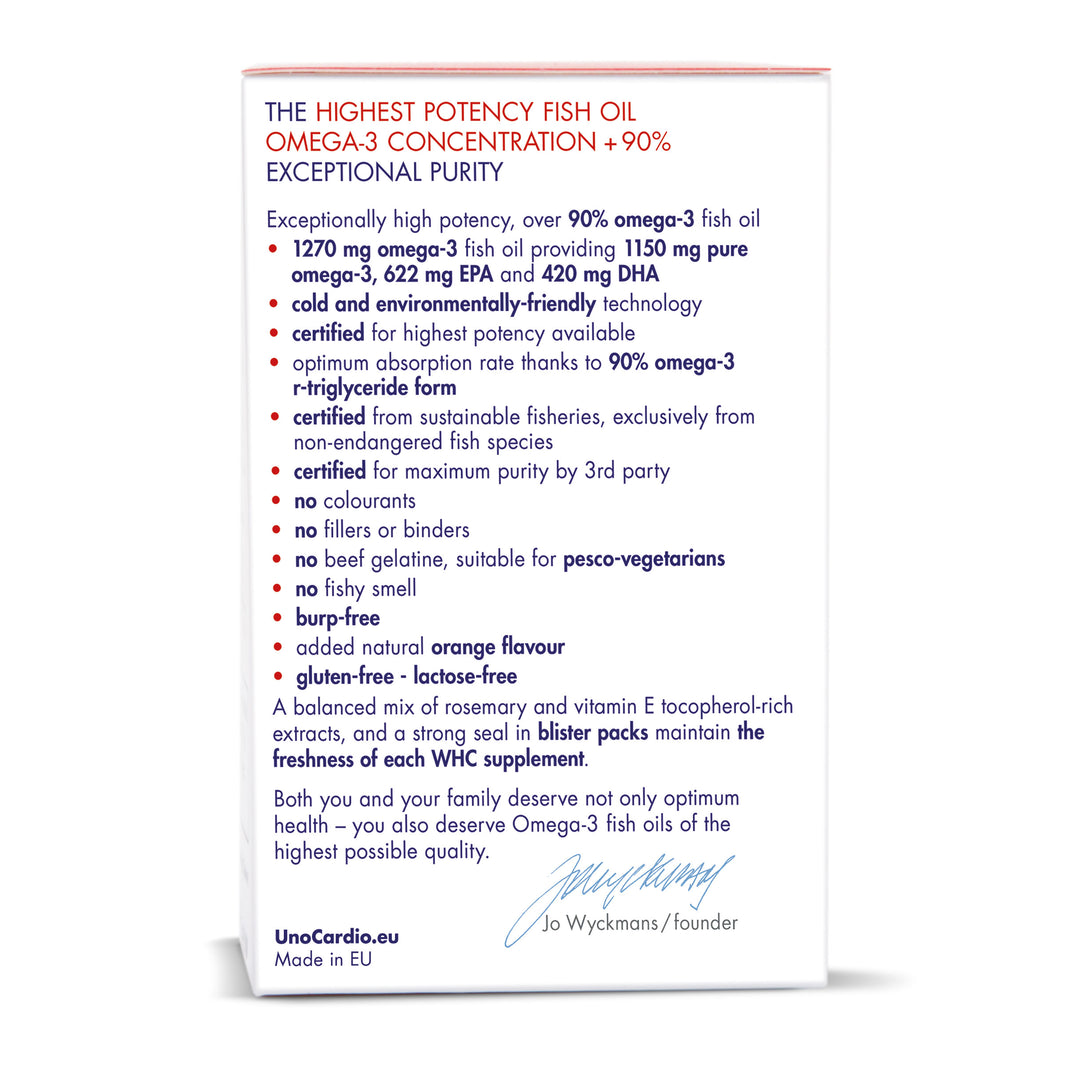The benefits of Omega 3 fatty acids for Covid recovery have been well documented.
Omega 3 fatty acids are a type of polyunsaturated fat that’s found in fish oil and other types of seafood.
Algae is the best source of omega-3 for vegans.
Omega 3 fatty acids play an important role in human health
… and have been shown to help with a variety of conditions.
Including heart disease, cancer, and depression.
Recently, Omega 3 fatty acids have also been shown to be beneficial for Covid recovery.
It’s believed that Omega 3 fatty acids have this effect because they reduce inflammation.
This helps improve the flow of blood.
Which, in turn, helps with tissue repair.
Omega 3 Fatty Acids & What They Do For The Body
Omega 3 fatty acids are a type of polyunsaturated fat that are essential for human health. They play vital roles in brain development, cognitive function, and cardiovascular health. The best sources of omega 3 fatty acids are fish and seafood, but they can also be found in some plant-based foods like walnuts and flax seeds. They’re also available as a dietary supplement.
The body cannot make omega-3s, so they must be obtained from food. Omega-3 fatty acids play a role in preventing and managing diseases. The main types of omega-3 fatty acids found in foods are:
- ● Eicosapentaenoic acid (EPA)
- ● Docosahexaenoic acid (DHA)
- ● A-linolenic acid (ALA)
Omega-3 fatty acids have been shown to help lower blood pressure, improve mood, reduce joint pain, and puffiness associated with premenstrual syndrome.They’ve also been shown to improve immune function . Our immune system is the body's defence mechanism to fight off invading toxins or pathogens. Omega 3 lipids form a protective layer, protecting cells from disease.
Learn more: The Benefits of Omega 3 and Vitamin D to Reduce Autoimmune Disease
Organs Most Affected by COVID‐19
COVID-19 has been shown to cause serious damage to the lungs and respiratory system. However, the virus can also affect other organs in the body, including the heart, brain, and liver. Here is a look at three of the organs most affected by COVID-19:
- ● The lungs are one of the organs most seriously affected by COVID-19. The virus can cause severe pneumonia, which can lead to death in some cases. The respiratory system is also often affected, leading to difficulty breathing and other respiratory problems.
- ● The heart is another organ that is often affected by COVID-19. The virus can cause inflammation of the heart muscle, which can lead to heart failure. The virus can also damage blood vessels in the heart.
- ● Brain damage is a serious concern in COVID-19 infection. The virus can reach the brain by traveling through nerve cells in the body or by infecting blood vessels located in the brain. If the virus causes inflammation of brain tissue, it can lead to seizures and problems with thinking and memory skills.
How Long Does it Take to Recover From COVID-19?
It’s still unclear as to how long it takes to recover from COVID-19. However, some experts believe that it could take up to six months for a person to fully recover. Some of the main factors that will play a role in determining the length of the recovery process include the age and health of the individual, as well as the severity of the illness.
There are currently no known long term side effects associated with COVID-19. Some people may experience abdominal pain or diarrhea in the weeks immediately following diagnosis. These symptoms normally resolve on their own within a few days to a week, so it is highly recommended that an individual seek medical attention if these symptoms are present.
The Benefits of Omega 3 Fatty Acids for Covid Recovery
Omega-3 fatty acids are a type of polyunsaturated fatty acid that are essential for human health. They are found in fish oils, nuts, and seeds. Omega-3 fatty acids play a crucial role in human physiology, and they have been shown to have many health benefits. In particular, omega-3 fatty acids reduce inflammation. This reduction in pro-inflammatory markers can help reduce the complications associated with Covid 19 .
Many people are now looking to increase their intake of omega-3 fatty acids in order to boost their immune system and help with recovery from the Covid pandemic. Omega-3 fatty acids are a safe and effective way to improve your health and help protect you from the effects of Covid. Omega-3 fatty acids have been proven to protect the very organs that Covid attacks, making it an ideal supplement for those tackling the symptoms of Covid.
How to get more Omega 3 fatty acids in your diet
Here are some suggestions of foods that are rich in omega-3 fatty acids:
The Best Way to Take Omega 3 Fatty Acids for Covid Recovery
When it comes to increasing your levels of omega 3 fatty acids, the main thing is consistency. Taking supplements, or adding foods into your diet daily may optimize your immune health and enhance recovery from Covid. Because your body doesn’t produce omega-3 fatty acids, it’s important to add them into your diet every single day. The daily recommended intake of omega-3 fatty acids is 500 mg of EPA and DHA. However, people with heart problems are recommended to increase this to 800 or even 1000 mg per day.
If you’re looking to increase your omega-3 supplements by eating oily fish, then the recommendation is to eat fish twice a week . However, it’s hard to monitor the amount of omega 3 you’re getting when consuming it in the form of fish. Therefore, a daily supplement would be a better choice to reap the benefits and consume an accurate amount.
Learn more: How to Support the Body’s Immune Response with Omega-3
The Bottom Line
Omega-3 fatty acids are a safe and effective way to boost both immune and overall health post Covid. The brain, heart and lungs are the main organs impacted by Covid 19. The very same organs that obtain protection by consuming omega-3 fatty acids. While you can get adequate omega-3 fatty acids from your diet, it’s hard to measure the actual dose you consume. Therefore to benefit from boosting your omega-3 fatty acid intake accurately, daily supplementation is recommended.
Written by best-selling author and integrative nutrition health coach Rowanna Watson, who has a passion for natural health. Rowanna is an expert in all areas of holistic health, plant-based nutrition, detoxification and personal development.
Water for Health Ltd began trading in 2007 with the goal of positively affecting the lives of many. We still retain that mission because we believe that proper hydration and nutrition can make a massive difference to people’s health and quality of life. Click here to find out more.




























Leave a comment